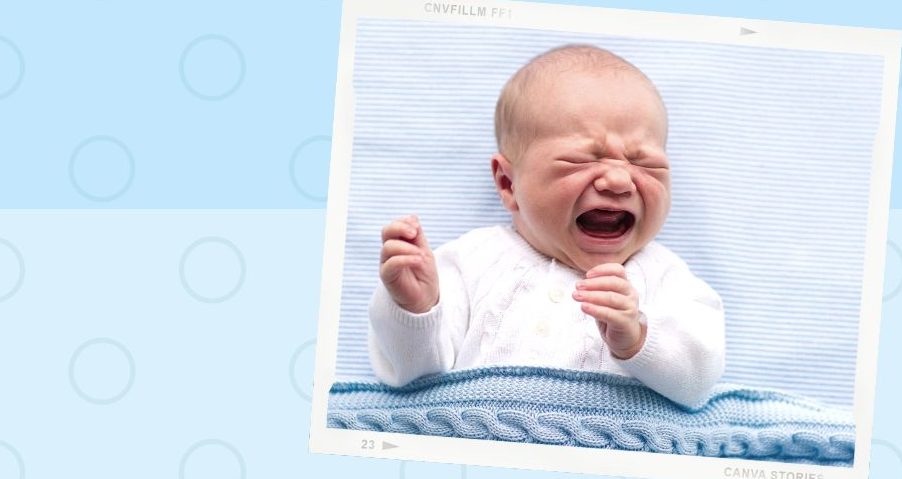At the point when Charles Onu’s cousin was brought into the world with birth asphyxia and later fostered a meeting condition, the seed for Ubenwa, a sound biometric organization equipped at recognizing neurological problems in babies, was likewise planted.
Onu, CEO and prime supporter, said he trusts Ubenwa will meaningfully impact the manner in which doctors give care to babies.
“We’re attempting to carry the world to a place where newborn child cries are viewed as a crucial sign similarly however much we would consider their pulse to be an essential sign,” he made sense of in a meeting with TechCrunch.
After Onu graduated with his undergrad in designing he chipped in with wellbeing based NGO’s and saw more cases like his cousin’s — however some were far grimmer.
Also Read:A Curator Platform That Helps Indian Start-Ups Achieve Their Milestones Consistently
The Montreal-based organization utilizes a baby’s cry to decide whether it falls inside the scope of having indications of a neurological condition. Crying sound is gathered at accomplice medical clinics, universally, and afterward sorted into what is viewed as typical or unusual. From that point, the organization can foresee whether a youngster might be experiencing a likely issue.
For the present, the AI-fueled programming just recognizes early indications of birth asphyxia, and might possibly decide learning achievements in view of cry triggers. As per Onu, the organization is wanting to develop the innovation to distinguish intrinsic coronary illness.
It ought to be noticed that a new Stanford University concentrate on distinguished that some FDA supported AI clinical gadgets are “not enough” assessed and there are no prescribed procedures set for the improvement of these innovations.
However, surprisingly, they are performing concentrates on in quest for working out the case for the science behind their tech even further.
For those really utilizing the application, they record the child crying and afterward get week by week synopses of examples. Assuming that there is an irregularity recognized, the application tells the client and gives information to share specialists.
“Today, specialists utilize actual evaluation to see eyelids, take a gander at the complexion, et cetera,” Onu said. “Assuming [doctors] are truly concerned it very well may be with a MRI or a cerebrum MRI machine since that is a definitive norm, yet we don’t live in a MRI machine consistently. That is expensive. With straightforward cry examination you can follow neurological biomarkers on a continuous premise, painlessly.”
In spite of the organization being based out of Canada, they have extra activities in Nigeria (where Onu is initially from) and Brazil. The organization accomplices with emergency clinics in those locales to get bigger example sizes for their information. Regardless of the way that clients will record cries, Onu said, those cries won’t be gathered and store: Analysis of the cries will be matched to their current data set.
In spite of the fact that Ubenwa has an emphasis on a newborn child’s cry, different organizations are utilizing sound biometrics to assist with diagnosing different circumstances, yet ordinarily for a more established age bunch. StethoMe says they use breath to distinguish air pathway problems in kids and offer that information with doctors. Additionally, Ellipsis Health professes to involve voice biomarkers to analyze gloom in patients.
Until this point, Ubenwa has raised $2.5 million USD ($3.2 million Canadian) in a pre-seed round drove by Radical Ventures with support from AIX Ventures, Yoshua Bengio, Google Brain’s Hugo Larochelle and Marc Bellemare.
Up to now the organization’s emphasis has been on fostering the innovation, yet this round’s subsidizes will permit the organization to do a beta send off and start preliminaries. Moreover, it will permit the organization to possibly start incorporating their innovation into child screens, as per Ubenwa.
When preliminaries are finished, Onu desires to apply for FDA and Health Canada endorsements.
“There’s a ton of mystery specialists have to do with infants,” Onu said. “Yet, a ton of (baby care) is truly making informed surmises concerning when to make this activity or where to make that activity, and we’re wanting to close a portion of these holes.”
















